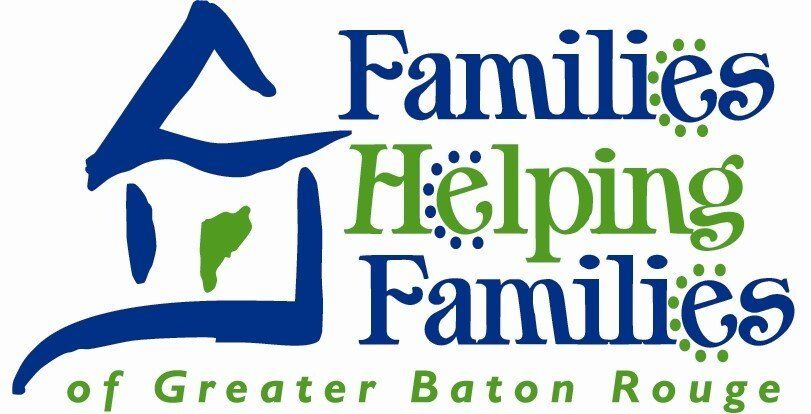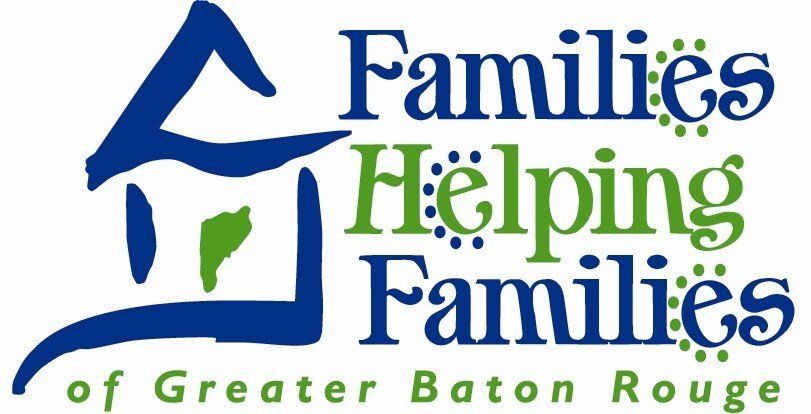Autism Spectrum Disorder Resources Program
Our Services
Information & Referral
Program staff strive to stay abreast of resources and information on a wide variety of topics and issues pertaining to Autism Spectrum Disorder. We utilize a person centered approach when connecting you with the medical, therapeutic, educational, transition, legal and recreational resources that will help to provide for more positive outcomes.
Education & Training
Program services are delivered through a peer support model. Individuals, parents, caregivers and other family members will receive support from staff who are parents too. This level of understanding and experience is what gives the center it’s unique approach in serving others.
Family-to-Family Support
Our program staff collaborate with numerous organizations and agencies throughout the community to bring about informative trainings on a variety of topics that may be of interest to families living with a diagnosis of Autism Spectrum Disorder and other developmental disabilities.
What ASD Program Has to Offer:
- Advocacy for Autism Services
- Toll-free Phone Line for Information and Support
- Ongoing Support from other family-members who share the unique understanding of caring for a loved one with autism.
- Workshops and Trainings on Autism Related Topics
- Annual Autism Awareness Walk
Active for Autism - What It's All About!
Join Us for Active for Autism!
Families Helping Families of Greater Baton Rouge’s annual Active for Autism event is a celebration of awareness, acceptance, and inclusion for individuals impacted by Autism Spectrum Disorder (ASD). It’s a time for the community to come together, show support, and honor the achievements of individuals with Autism and their families.
Active for Autism features a 5K run, a 1-mile awareness walk, and a lively Family Fun Fest. At the festival, local service providers offer interactive, family-friendly activities and share valuable resources designed to support your loved ones. This event is more than fun—it’s an opportunity to connect, learn, and access information that can enhance quality of life and improve outcomes for those living with ASD.
Proceeds from this signature event support all Families Helping Families programs, helping us continue our mission to promote independence, productivity, and inclusion for individuals with Autism and other developmental exceptionalities throughout the year.
Mark your calendar! The next
Active for Autism takes place on
April 25, 2026, and
registration opens Saturday, November 15, 2025. Visit our
race website to sign up and discover how you or your business can get involved in this inspiring community event.
Resources
Important Links
Autism FAQ
Autism spectrum disorder (ASD) is a complex developmental disability; signs typically appear during early childhood and affect a person’s ability to communicate, and interact with others. ASD is defined by a certain set of behaviors and is a “spectrum condition” that affects individuals differently and to varying degrees. There is no known single cause of autism, but increased awareness and early diagnosis/intervention and access to appropriate services/supports lead to significantly improved outcomes. Some of the behaviors associated with autism include delayed learning of language; difficulty making eye contact or holding a conversation; difficulty with executive functioning, which relates to reasoning and planning; narrow, intense interests; poor motor skills’ and sensory sensitivities. Again, a person on the spectrum might follow many of these behaviors or just a few, or many others besides. The diagnosis of autism spectrum disorder is applied based on analysis of all behaviors and their severity.
What are the most common characteristics of autism?
Every person with autism is an individual, and like all individuals, has a unique personality and combination of characteristics. Some individuals mildly affected may exhibit only slight delays in language and greater challenges with social interactions. They may have difficulty initiating and/or maintaining a conversation. Their communication is often described as talking at others instead of to them. (For example, a monologue on a favorite subject that continues despite attempts by others to interject comments). People with autism also process and respond to information in unique ways. In some cases, aggressive and/or self-injurious behavior may be present. Persons with autism may also exhibit some of the following traits:
- Insistence on sameness; resistance to change
- Difficulty in expressing needs, using gestures or pointing instead of words
- Repeating words or phrases in place of normal, responsive language
- Laughing (and/or crying) for no apparent reason; showing distress for reasons not apparent to others
- Preference to being alone; aloof manner
- Tantrums
- Difficulty in mixing with others
- Not wanting to cuddle or be cuddled
- Little or no eye contact
- Unresponsive to normal teaching methods
- Sustained odd play
- Spinning objects
- Obsessive attachment to objects
- Apparent over-sensitivity or under-sensitivity to pain
- No real fears of danger
- Noticeable physical over-activity or extreme under-activity
- Uneven gross/fine motor skills
- Non-responsive to verbal cues; acts as if deaf, although hearing tests in normal range
Why is early intervention so important?
Early intervention is defined as services delivered to children from birth to age 3, and research shows that it has a dramatic impact on reducing the symptoms of autism spectrum disorders. Studies in early childhood development have shown that the youngest brains are the most flexible. In autism, we see that intensive early intervention yields a tremendous amount of progress in children by the time they enter kindergarten, often reducing the need for intensive supports.
Content Source: Autism Society of America. “Autism FAQ” 31 January 2008. Online web page. Accessed on 12 December 2010


